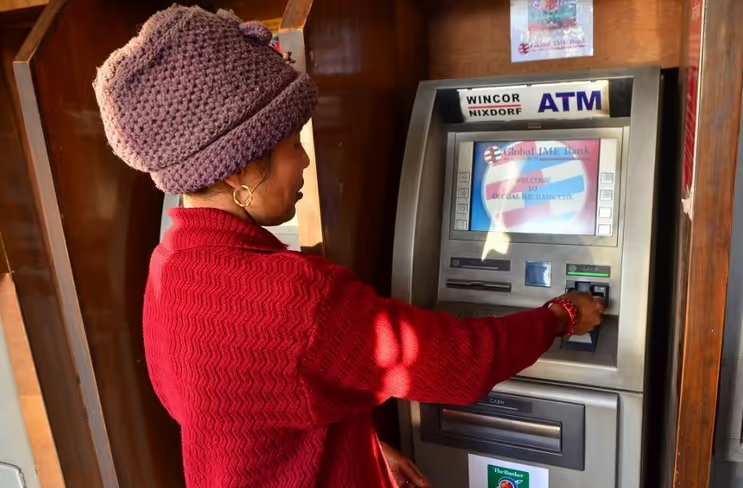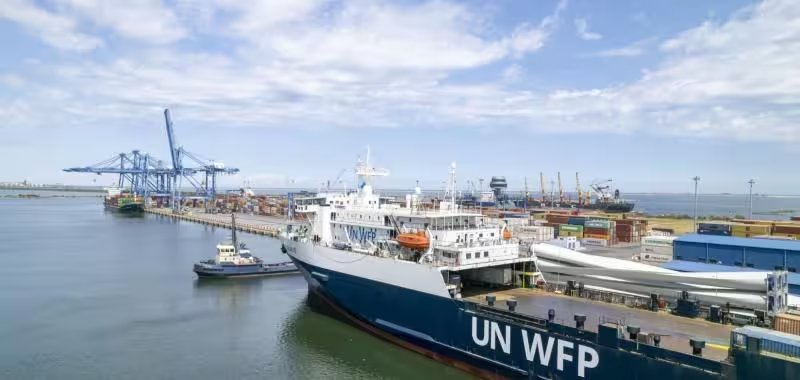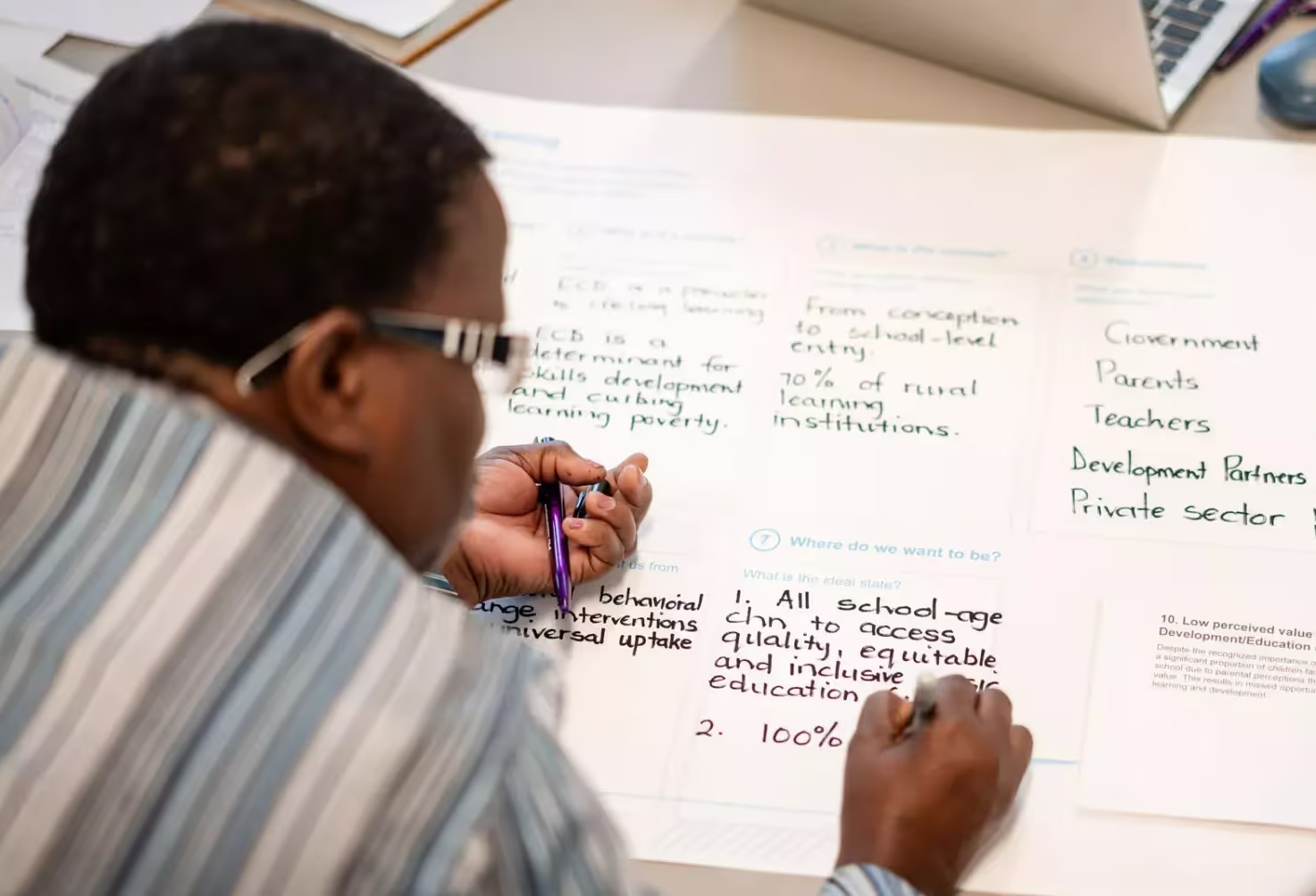Blockchain for Remittances

UNCDF with technical assistance from Amarante Consulting is partnering with Laxmi Bank, a Class “A” commercial bank and its subsidiary microfinance institution to develop suitable savings and credit products that cater to migrant Nepalis and their beneficiary families back in Nepal. The end goals are: -To direct the flow of remittances into short or long-term savings instruments and/or credit products that help generate income and assets. -To explore credit products to support out-migration costs and meet short-term consumption needs such as payment of school fees. For that purpose, UNCDF and Laxmi Bank will explore the potential of blockchain to facilitate cross border settlements to drive down costs and artificial intelligence-driven credit scoring technologies to originate and gauge customer creditworthiness. Marketing exercises that are adapted to the local context will be deployed to create the link between remittances and access to finance. UNCDF and Laxmi bank will run a pilot in early 2019 for four months. The goal for the pilot is to enrol 400 savings and credit customers, at least 40% of whom are new customers for Laxmi Bank. Activity level in savings/credit accounts, end-use of credit and credit delinquencies are some of the other indicators that this pilot will aim to track. The emerging evidence from this pilot could inform potential course-corrections for a full scale-up in pilot corridors (Nepal-UAE and Nepal-Malaysia) as well as other geographies. The project’s objectives and tracking mechanisms aim to address four SDGs in particular namely poverty reduction (SDG 1), decent work and economic growth (SDG 8), reduced inequalities (SDG 10) and partnerships for the goals (SDG 17).


.avif)

